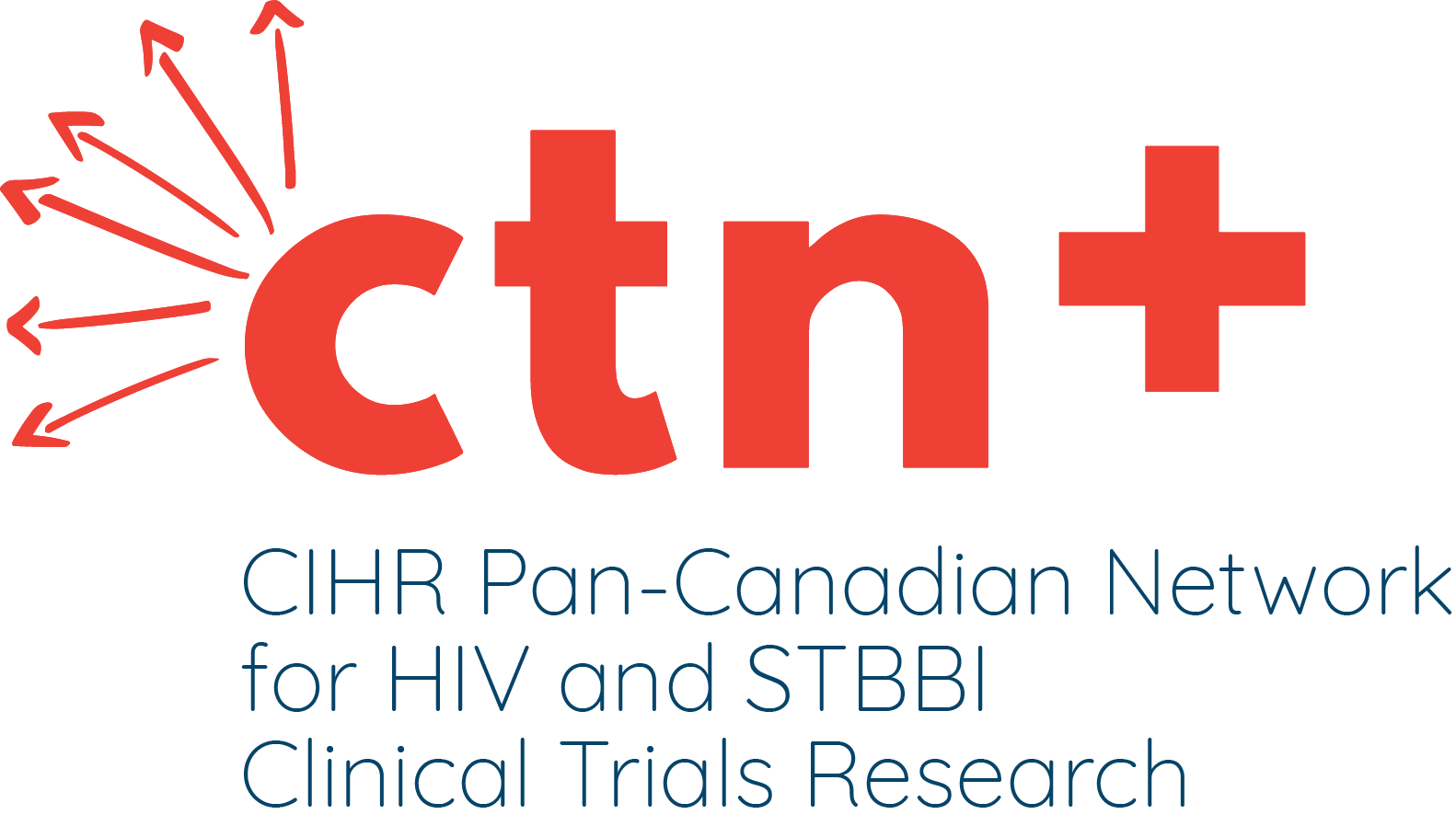About The Study
This study assessed the safety of oral acemennan, an aloe vera extract, in people with AIDS currently receiving AZT, as well as the effect of acemennan on common indications of HIV disease.
Study Approach
This was a double-blind study (neither doctors nor volunteers knew which therapy they received). Participants were randomly assigned to receive either acemennan (1600 mg by mouth, daily) or placebo. CD4 counts were measured every four weeks for 48 weeks. P24 antigen was measured at entry and every 12 weeks afterwards.
Study population
Sixty-three patients were randomized. Eligible patients of either sex had CD4 counts of 50 to 300 twice within one month of entry and had received more than six months of antiretrovirals (AZT or ddI), including a stable dose for the month before study entry. All 63 participants were males with an average age of 39. The average CD4 counts at the start of the study were 165 in the placebo group and 147 in the acemennan group; 90% of the participants were on AZT at study entry.
Results
Six participants in the acemennan and five in the placebo group developed AIDS-defining illnesses. At 48 weeks, there was no significant difference between the groups with regards to the change or rate of decline of CD4 counts. Among AZT-treated participants, the median rates of CD4 decline over the first 16 weeks were 121 cells/year in the placebo group and 120 cells/year in the acemennan group. No changes in CD4 counts were measured for weeks 16 to 48 in the acemennan group. The placebo group saw the CD4s decline by 61. There was no difference between groups with regard to adverse events, p24 antigen or amount of virus. Twenty-four patients, 11 on placebo and 13 on acemennan, stopped taking the study therapy prematurely, none due to serious adverse reactions.
Conclusions
Acemennan at an oral daily dose of 1600 mg does not prevent decline in CD4 counts. Acemennan showed no significant effect on p24 antigen and amount of virus in the bloodstream. Acemennan did not cause side effects or interact negatively with AZT.
